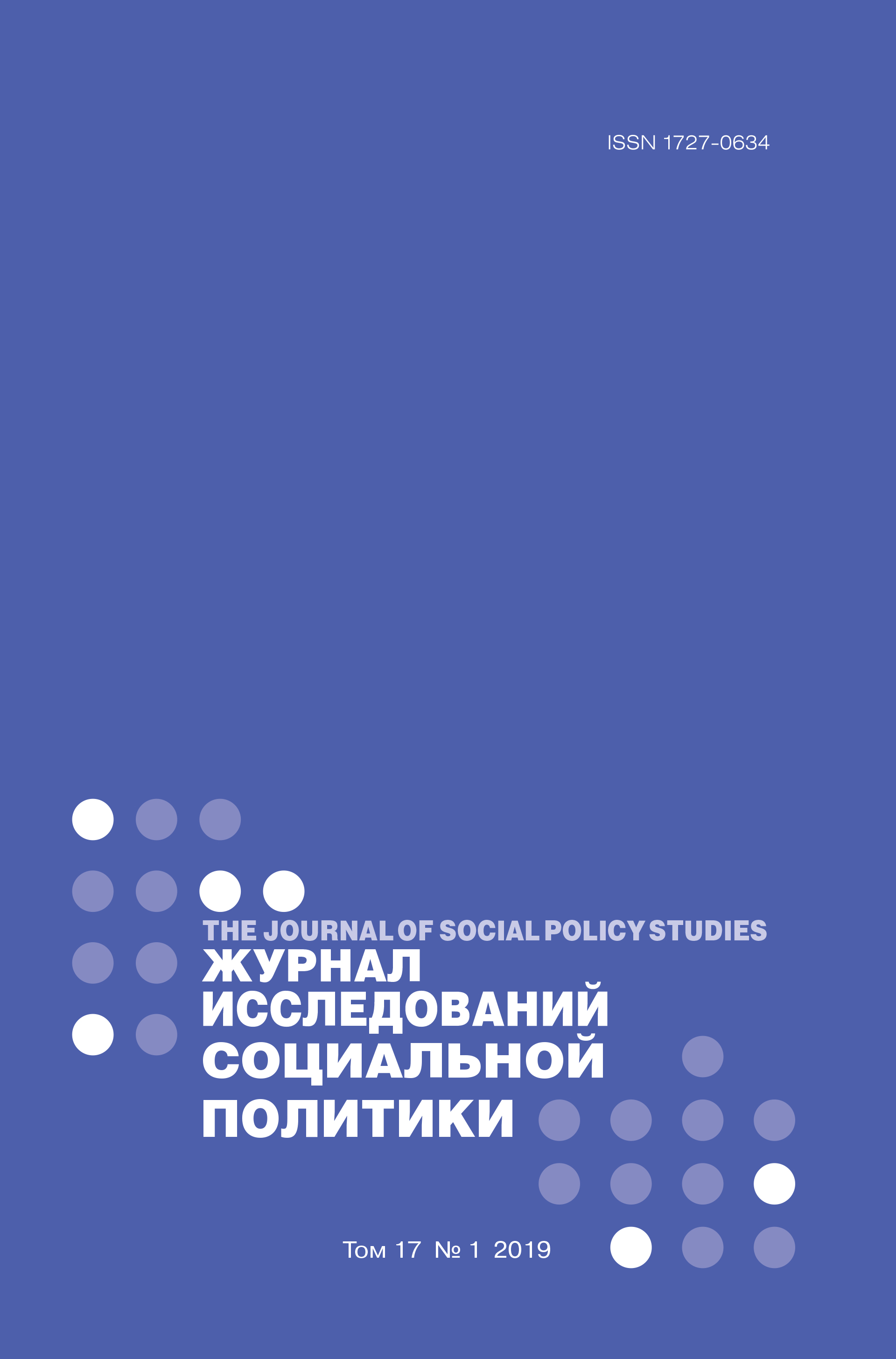Migration in the North Caucasus and the Accuracy of Statistics
Abstract
The North Caucasus is often considered to be a region of Russia where problems with official data on population dynamics are especially serious.
This causes special difficulties for the planning of social policy there. Unreliable information on migration yields an incorrect assessment of the population size as a whole and of some of its groups. This, in turn, results in inadequate calculations for transfers from the federal budget, including social expenses. For these reasons, different sources of data on migration to, from and within the North Caucasus are considered in the paper. It is argued that data based on the Russian Censuses of 2002 and 2010 are not reliable in this case. This conclusion is supported by comparing the census data with data from other sources, including the studies of other scholars. It is further shown that the most reliable data demonstrate that there is an ongoing intensive emigration from the North Caucasus to other regions of Russia. The reliability of municipal
data on migration is considered separately. It is shown that using such data almost always requires certain corrections. After those corrections,
however, a rather unexpected picture emerges, under which emigration from remote rural areas is intensive, but no concentration of population in major regional cities is observed. Further analysis shows that that may be due to high levels of unregistered migration to such cities. This phenomenon is common for today’s Russia, but in the North Caucasus it may be especially wide-spread because there rural-to-urban migrants often live in suburbs where registration is poorly organized. In the conclusion, recommendations are offered concerning choice of different data sourced on migration in social policy planning in the North Caucasus.















